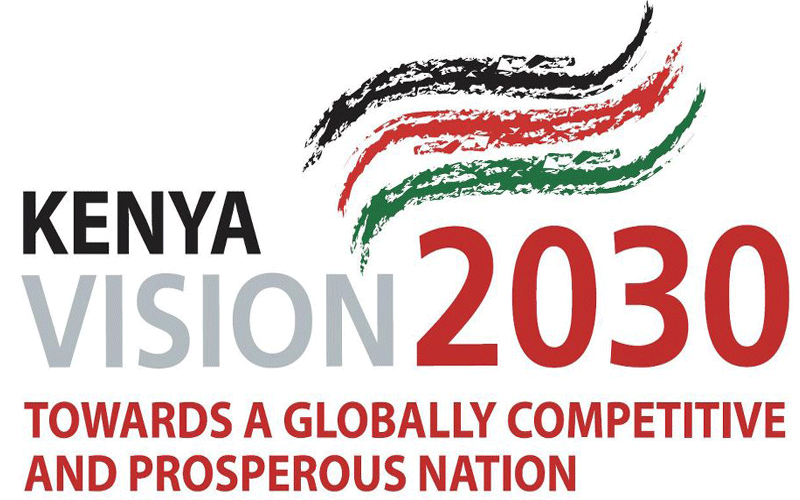Impact of energy reforms on the economy

The discourse on energy sector reforms is not unique to manufacturers but Kenyans at large, as many grapple with the high cost of electricity and frequent power outages.
It is no surprise that the nation welcomed the 15 per cent reduction in power tariffs early this year, and earnestly awaits the other 15 per cent, at the end of this quarter. This is a much-needed boost for mwananchi as the cost of living continues to soar.
Energy drives all aspects of our society, from manufacturing, health, education, agriculture, transport, logistics and even our homes.
It is also a key enabler for the realisation of Kenya’s Vision 2030, which seeks to transform the country into a newly industrializing middle-income country and provide a high quality of life to all its citizens.
The government has implemented various reforms to drive this agenda including restructuring of the energy state agencies, renegotiation of the existing Power Purchase Agreements (PPAs) and expansion of the transmission line network, that will see a reduction in the dependence on thermal generating stations.
However, the high cost of power continues to curtail the competitiveness of local industries. This cost is attributed to expensive PPAs, skyrocketing fuel costs, multiple taxes and levies imposed on electricity bills, VAT, and Fuel Cost Adjustment, as well as depressed demand growth – despite the increased power generation capacity, among others.
This has led to Kenya having one of the highest electricity tariffs in the region, pushing up the cost of production for local industries and rendering the manufacturing sector uncompetitive.
Power accounts for up to 25 – 30 per cent of total conversion costs of energy-intensive sectors of manufacturing in the country.
Therefore, the reforms introduced through the recommendations of the President’s Taskforce on the Review of Power Purchase Agreement will go a long way in reducing the cost of power, consequently, cost of production.
The reforms focusing on power cost reductions include cost of fuel in the billing systems and diesel-powered thermal generation, whose cost is greatly affected by fluctuating global prices and exchange rates.
The reduction of transmission losses and renegotiation of PPAs has also been identified as key in reducing power costs.
Achieving sustainable and stable policies for the cost, availability and reliability of power is paramount to the country’s continued socio-economic growth.
The government must, therefore, work towards implementing these recommendations in the short term.
For instance, implementing the pending 15 per cent reduction in power tariffs by end of March and reducing transmission losses.
As the Kenya Association of Manufacturers, we commend the government’s efforts in reducing power costs. However, it must ensure that power supply and reliability is consistent across the board.
At the same time, we must address other challenges facing industry including the high cost of production; policy instability and unpredictability; the arduous tax regime; illicit trade; regulatory overreach; and market access, among others.
Kenya has one of the most developed power sectors in Sub-Saharan Africa, with an active private sector, a strong national power utility, and abundant renewable energy resources, especially geothermal, wind, and solar.
Today, our energy sector has a significant and globally acclaimed feature that has seen the sector develop its generation mix with accelerated growth in renewables which has seen us recognized as the top eight globally.
Kenya is universally regarded as a global renewable energy leader, and the appetite for investment in the Kenyan energy sector remains significant. This result has enabled the improvement of the operational efficiency of the sector, increased cost recovery and attracted a significant amount of private sector investment.
We call on the government to continue engaging stakeholders, towards achieving overall sustainable and stable policies on the cost, availability and reliability of power.
— The writer is the CEO of Kenya Association of Manufacturers — ceo@kam.co.ke












